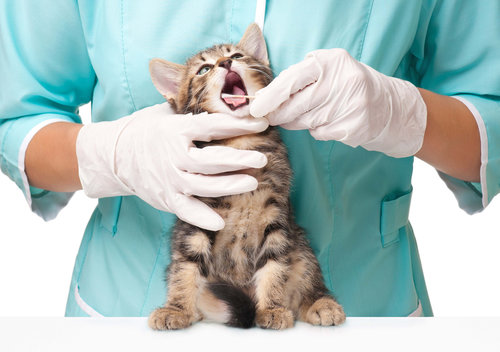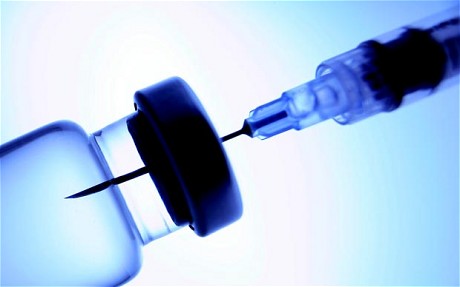Routine Wellness
Depending on the life stage of your pet, the number of well visits per year is variable. Puppies come 3-4 times in the first year, healthy adults should be seen once a year at a minimum, and senior pets should be seen every 6 months.

Examination
Our pets give us subtle signals about their conditions, and because they are unable to verbalize pain or illness, having the veterinarian physically examine the animal, listen to the heart/lungs, palpate their abdomen and lymph nodes, inspect the oral cavity for infection, loose/ broken teeth and plaque, and observation of body posture are essential in making an accurate diagnosis.
Trust the expertise of Drs. Torok and Sohrabi with their Medical Team to provide your pet with a thorough examination and profoundly personalized pet care.
 Proper handling, shipping and storage are essential in ensuring the efficacy of vaccines received by your pet.
Proper handling, shipping and storage are essential in ensuring the efficacy of vaccines received by your pet.
Vaccination
Vaccination builds your pet's immune system and provides protection from a number of harmful viruses and bacteria, including Canine Influenza, Parvovirus, Distemper, Feline Leukemia and Bordetella (commonly referred to as "Kennel Cough"). A protocol specific to your pet, will be determined based on previous vaccination history, your pet's exposure risks and IL laws regarding Rabies vaccination.
We practice a 3 year protocol for vaccination whenever possible.
Save up to 50% on your pet's vaccinations with a paid examination on Mondays from 9am - 1pm and Wednesdays from 2pm - 4pm.
Pet's must have a scheduled appointment. This cannot be combined with any other discounts or promotions including the wellness plan.

Wellness Labs
Routine testing of blood and urine allows for detection of disease far in advance of your pet showing signs of illness. This allows us to establish a normal baseline for your pet specifically, which, in times of illness, allows for a faster diagnostic conclusion.
We are able to routinely and economically, test a pet's kidney and liver function, urine concentration, cardiac enzymes and screen for protein loss in the urine, thyroid function, heartworm status as well as viral diseases such as Feline Leukemia (FeLV), and FIV (feline immunodeficiency virus) and tick-borne diseases (Lyme Disease, Anaplasma, and Ehrlichia).
